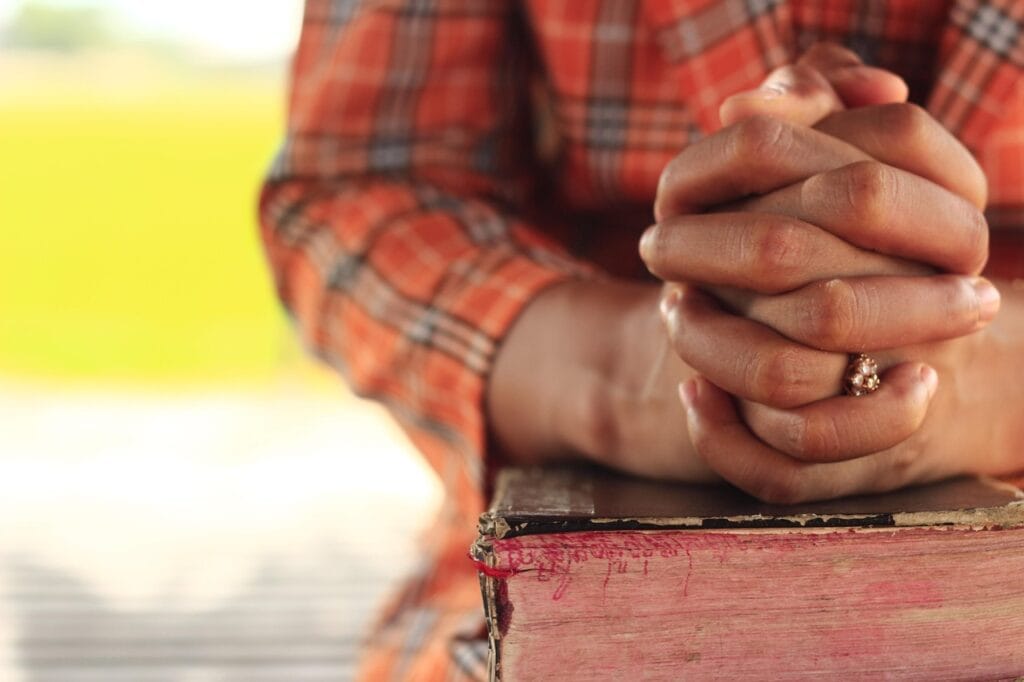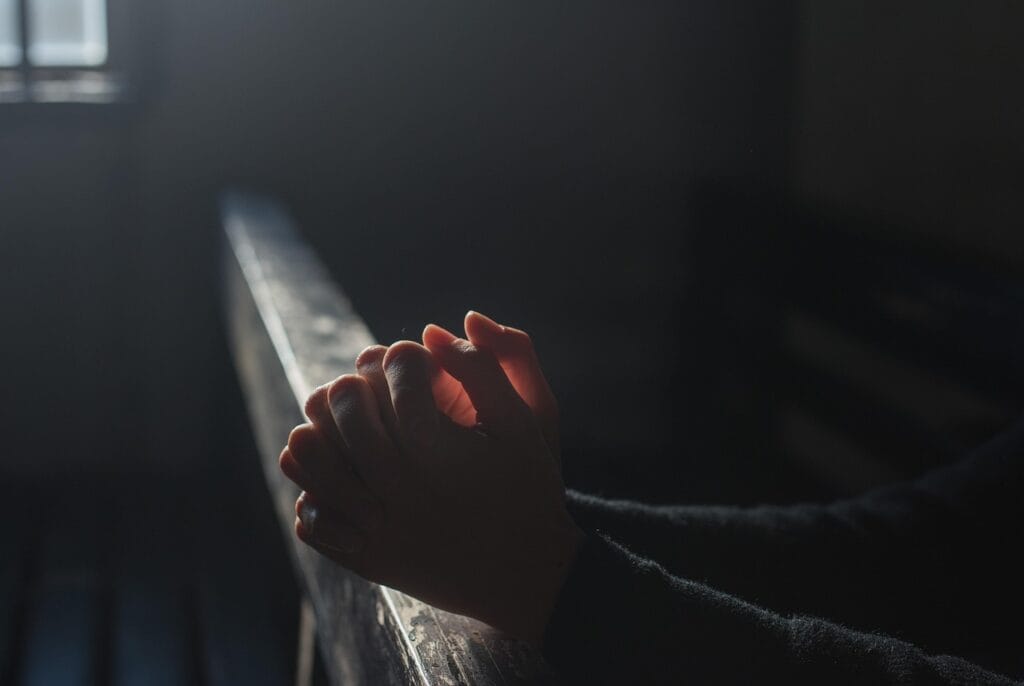
Unspoken prayer requests hold a unique weight in many communities, particularly within religious and spiritual contexts. They represent the silent struggles and burdens that individuals carry, often shared among friends or members of a faith group. This article delves into the meaning of unspoken prayer requests, their significance, and how they can foster connection and understanding.
Understanding Unspoken Prayer Requests
Unspoken prayer requests are often mentioned in group settings where individuals gather for prayer, such as church meetings or study groups. The term refers to requests for prayer that are not explicitly detailed or elaborated upon. While some may openly share their struggles or needs, others may feel uncomfortable doing so, yet still desire support from their community.
The essence of an unspoken prayer request lies in the understanding that prayer transcends words. It embodies the belief that God or the universe comprehends the depth of our feelings, fears, and desires without needing a detailed account. This understanding allows individuals to seek prayer without exposing their vulnerabilities, offering a sense of safety and comfort.
The Emotional Weight of Unspoken Requests

When someone expresses an unspoken prayer request, it often carries significant emotional weight. It can signify a profound struggle or a sensitive situation that the individual may not be ready to share openly. This silence can stem from various reasons, including fear of judgment, past trauma, or simply the need for privacy.
The act of sharing an unspoken request can also be a step towards healing. It allows individuals to acknowledge their pain or struggles without feeling pressured to articulate every detail. By bringing these burdens to a prayer group, they invite others to join in their spiritual journey and offer support, even if the specifics remain undisclosed.
The Role of Community in Unspoken Prayer Requests
Communities play a crucial role in supporting individuals who express unspoken prayer requests. In a faith-based setting, the collective energy of prayer can create an environment of empathy and understanding. Members often rally around those in need, providing emotional and spiritual support without needing to know all the details.
This communal aspect reinforces the idea that individuals are not alone in their struggles. The simple act of knowing that others are praying for them can be immensely comforting. It fosters a sense of belonging, reminding individuals that they are part of something larger than themselves, and that their concerns are valid and worthy of attention.
Respecting Boundaries

Respecting the boundaries of unspoken prayer requests is essential in any community. When someone shares a request without details, it is vital for others to acknowledge and honor that choice. Pressuring individuals to disclose more can lead to feelings of shame, anxiety, or discomfort, ultimately hindering the supportive atmosphere intended by the request.
Community members should approach unspoken requests with sensitivity and respect. This means offering prayers and support without probing for more information. It’s a reminder that the request itself is an invitation for prayer, and the specifics are not necessary for the community to engage meaningfully.
The Power of Silent Support
Silent support can be powerful. When a person shares an unspoken prayer request, the community’s response can be one of solidarity and understanding. Members can pray for the individual, lifting their concerns to a higher power without needing to know the exact nature of the struggles.
This approach reinforces the belief that prayer is a personal and intimate connection with the divine. It allows individuals to feel supported without the pressure of disclosing private matters. Moreover, it highlights the beauty of faith, where the act of praying becomes an expression of love and concern, irrespective of the details.
Encouraging Open Communication

While unspoken prayer requests serve a vital purpose, encouraging open communication about struggles can also be beneficial. Creating a safe space where individuals feel comfortable sharing their stories can lead to deeper connections within a community. It allows for more targeted prayers and support, fostering a stronger bond among members.
Communities can promote this environment by sharing testimonies or experiences that normalize vulnerability. When leaders or members openly discuss their challenges, it encourages others to do the same. This practice can help diminish the stigma surrounding mental health, grief, or personal struggles, paving the way for more open dialogues in the context of prayer.
The Spiritual Aspect of Unspoken Prayer Requests
From a spiritual perspective, unspoken prayer requests highlight the belief in a higher power that understands us deeply. Many faith traditions teach that God knows our hearts and minds, even when we struggle to express our needs. This belief can bring comfort and reassurance to those who feel lost or overwhelmed.
Engaging in prayer for unspoken requests also emphasizes trust in the divine plan. It encourages individuals to surrender their worries to a higher authority, fostering a sense of peace and acceptance. This spiritual practice can be a source of strength, reminding individuals that they are not alone in their struggles, and that their burdens can be lifted through prayer.
Personal Reflection and Growth
Unspoken prayer requests can also serve as a catalyst for personal reflection and growth. When individuals acknowledge their struggles, even in a silent manner, it can prompt them to confront their feelings and seek healing. This process often leads to self-discovery and a deeper understanding of their faith.
Moreover, as community members unite in prayer, individuals may find the strength to eventually share their stories. This journey can be empowering, helping them realize that vulnerability is not a weakness, but rather an opportunity for connection and support. The act of sharing their experiences, when they are ready, can facilitate healing and inspire others facing similar challenges.
Creating a Culture of Prayer

To fully embrace the concept of unspoken prayer requests, communities should strive to create a culture of prayer. This involves encouraging members to embrace both spoken and unspoken requests, fostering an environment where all struggles are acknowledged and validated.
Regular prayer gatherings, workshops, and open discussions about the importance of prayer can help nurture this culture. By emphasizing the significance of prayer in personal and communal life, communities can strengthen their bonds and provide a safe haven for individuals seeking support.
Conclusion
Unspoken prayer requests are a profound aspect of communal support within faith-based settings. They reflect the silent struggles many individuals face, allowing them to seek prayer without the pressure of sharing every detail. The emotional weight of these requests underscores the importance of community, respect, and the power of silent support. By fostering an environment where unspoken requests are honored and acknowledged, communities can nurture deeper connections and provide a safe space for healing and growth. Ultimately, unspoken prayer requests remind us that we are all on a journey, and together, we can carry each other’s burdens through the power of prayer.
FAQs
1. How can I support someone with an unspoken prayer request?
Supporting someone with an unspoken prayer request involves acknowledging their need for prayer without pressuring them for details. You can simply let them know you are praying for them and that you are there if they ever want to share.
2. Is it okay to ask someone to share their unspoken request?
It’s essential to respect the individual’s choice not to share. Instead of asking for details, offer your support and let them know you’re available to listen if they choose to open up.
3. What if I have my own unspoken prayer request?
If you have an unspoken prayer request, feel free to share it with your community as you feel comfortable. Remember that your struggles are valid, and seeking prayer is a strength, not a weakness.
4. How can communities encourage unspoken prayer requests?
Communities can create an open and welcoming environment by regularly discussing the importance of prayer and sharing testimonies. This helps normalize vulnerability and encourages individuals to express their needs.
5. Can unspoken prayer requests lead to healing?
Yes, unspoken prayer requests can lead to healing by providing individuals with a sense of support and connection. They can also serve as a starting point for individuals to eventually share their struggles when they feel ready.





